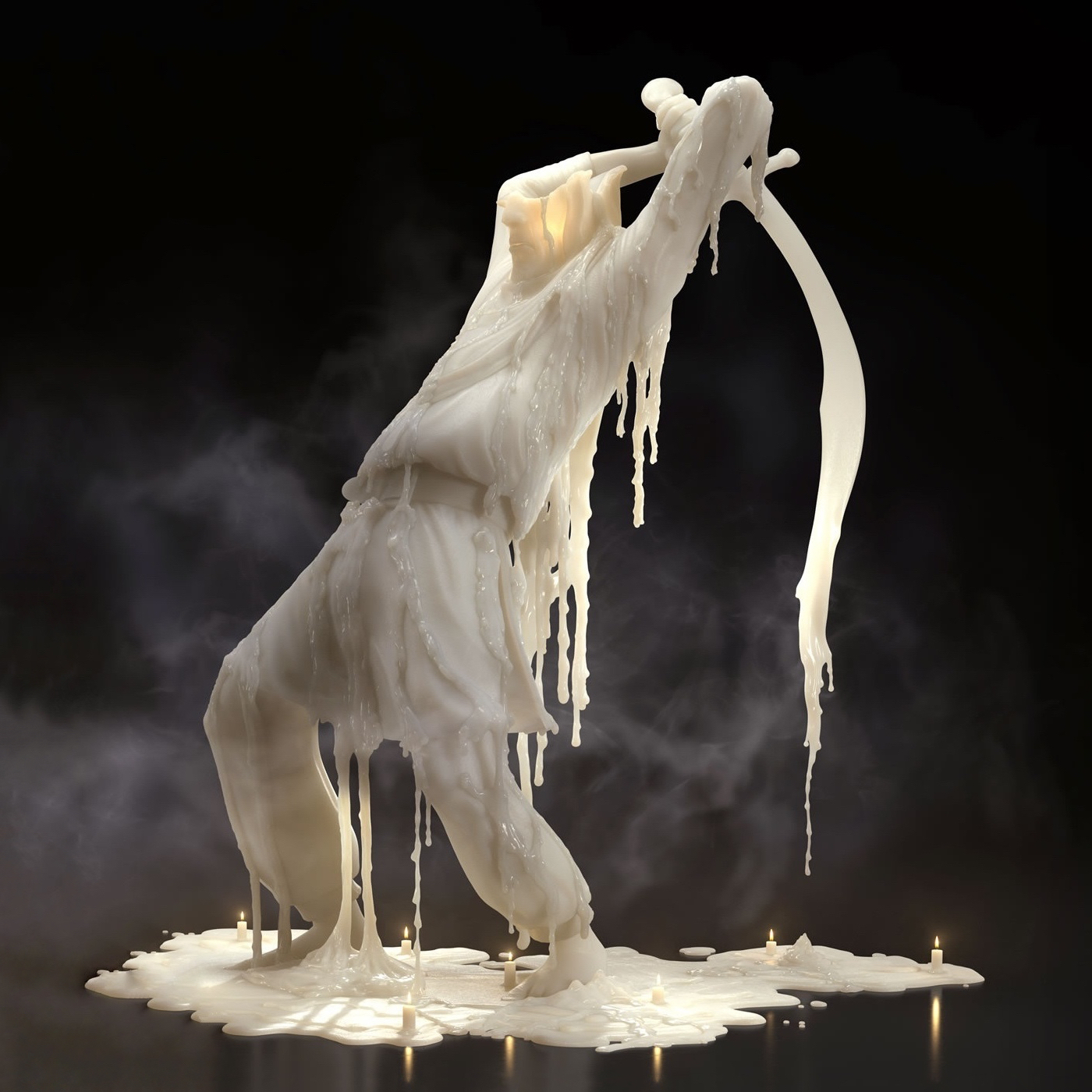 H: At the start of an Old English word, H is almost silent, an H on its way out. Hha. A burst of breath in cold air, watch it freeze.
H: At the start of an Old English word, H is almost silent, an H on its way out. Hha. A burst of breath in cold air, watch it freeze.
I: Short vowel. Hint and hinge and hinder.
L: Hill.
D: Duh.
E: Short. Death, dead, desecrate.
G: In front of a short I, palatalized (fronted, front of the mouth). Sounds like Y. Yield.
I: Short.
C: Between a short I and a short E, a K sound. Ick. A long I here would make it itch, but what’s going on here is way past itchy. It’s gross.
E: Short. The E in Kenning.
L: Hildegicel. Hild means war, gicel means icicle. A warcicle. A word found only in Beowulf.
King Hroðgar, descendent of Scyld Scylding, deceased, has a massive problem. A moody wight called Grendel is killing people in Hroðgar’s hall. Beowulf, great hero, total legend, hears about this and … More
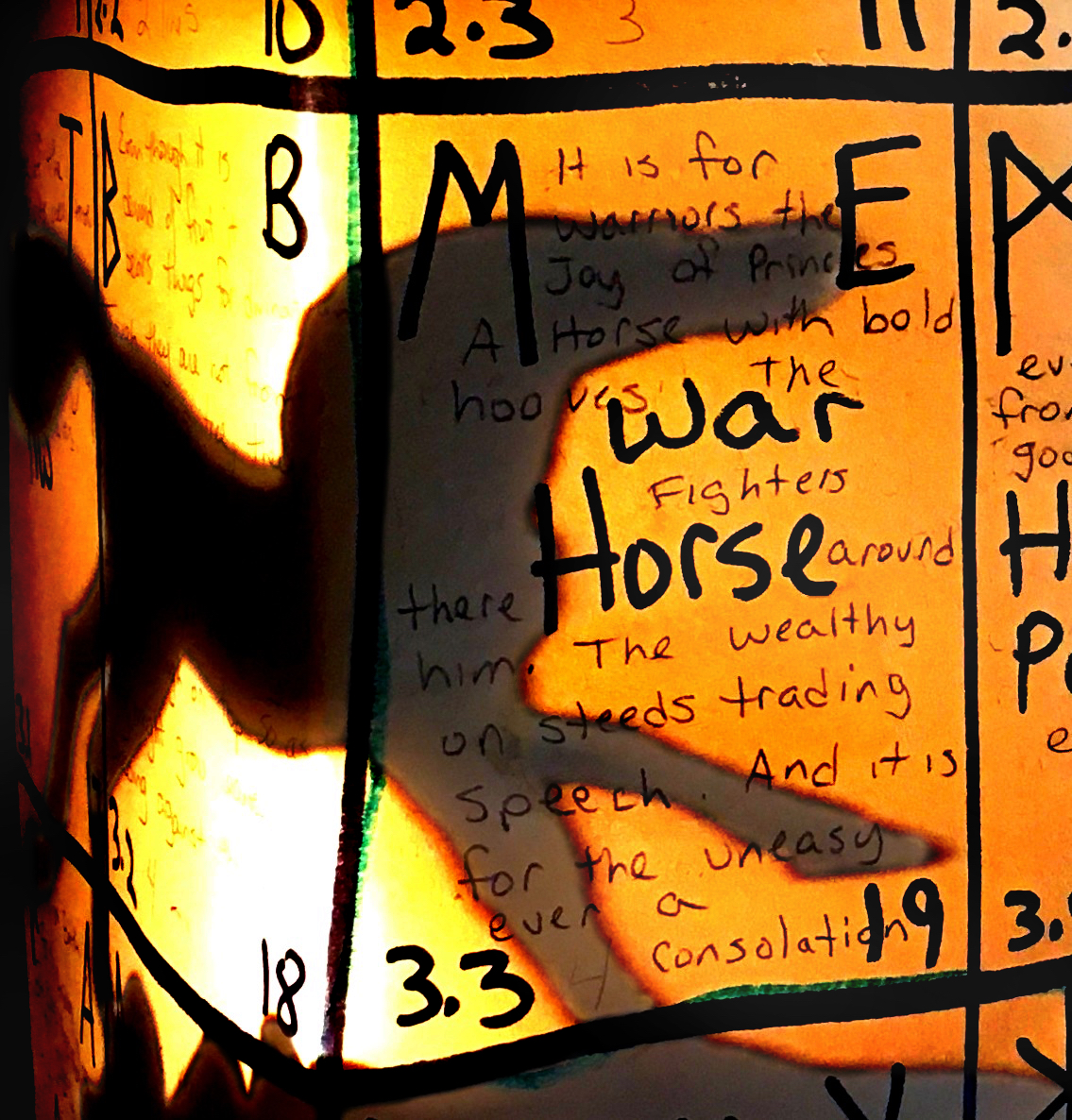

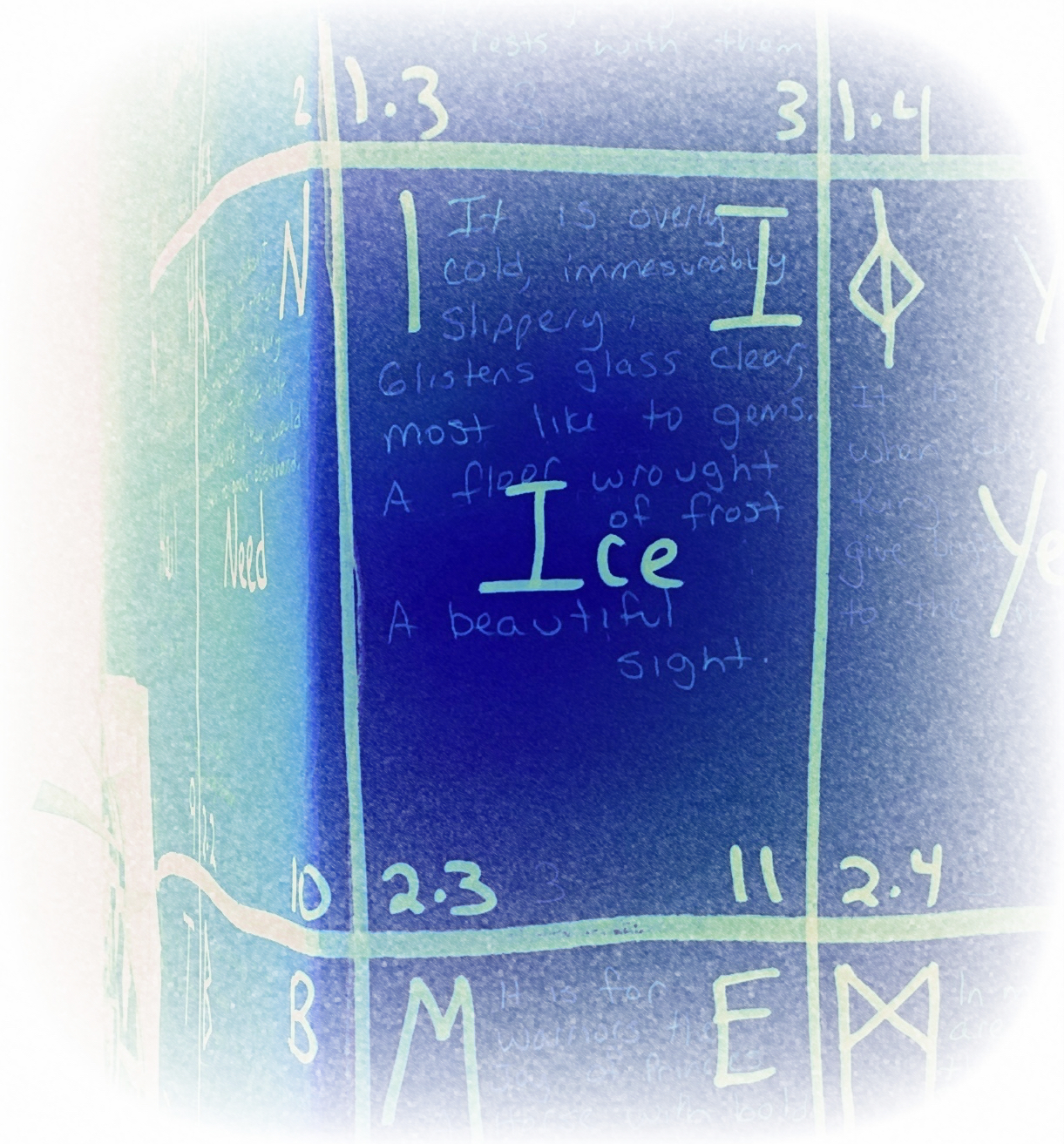
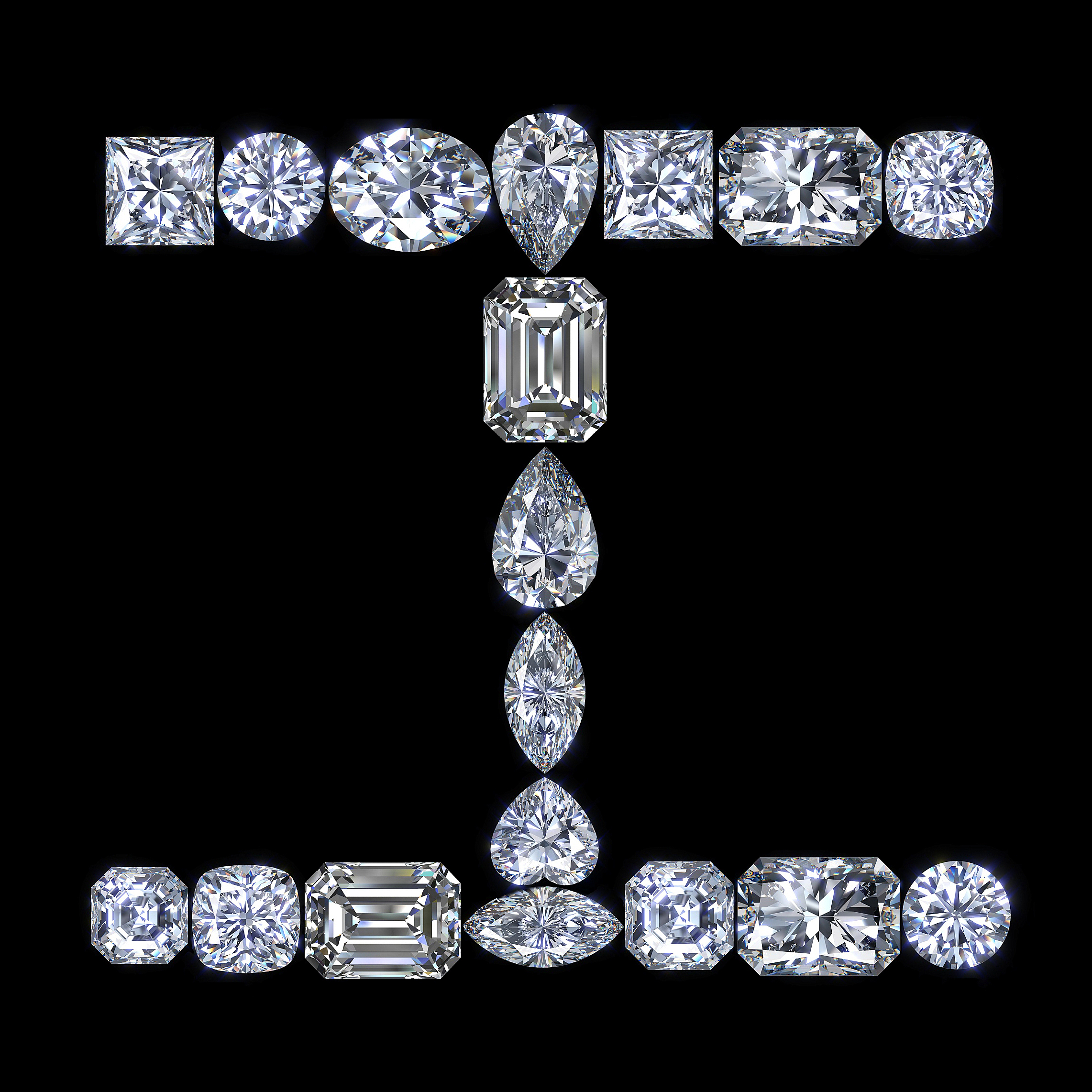
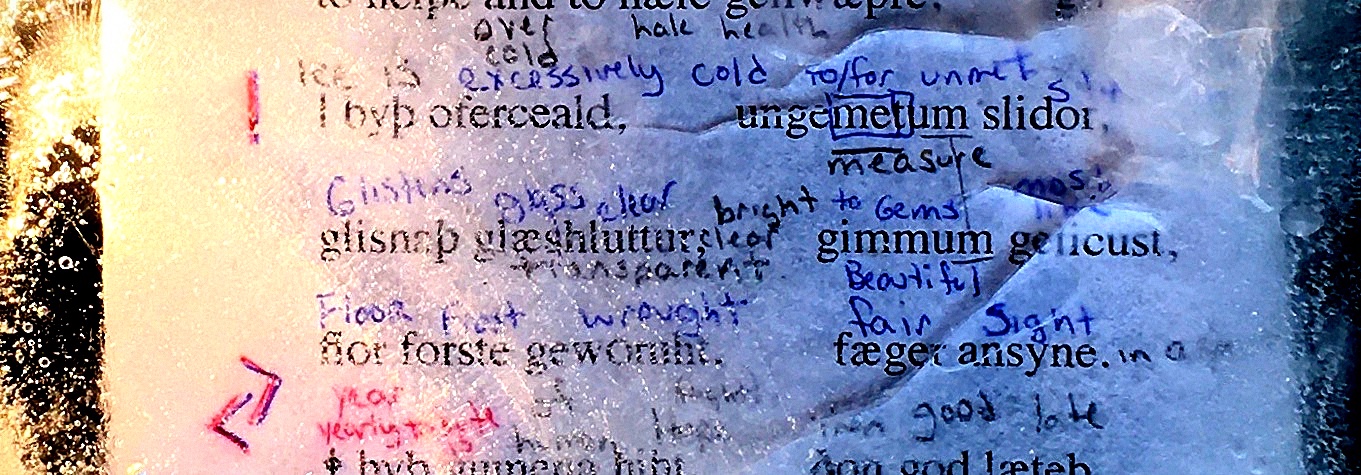
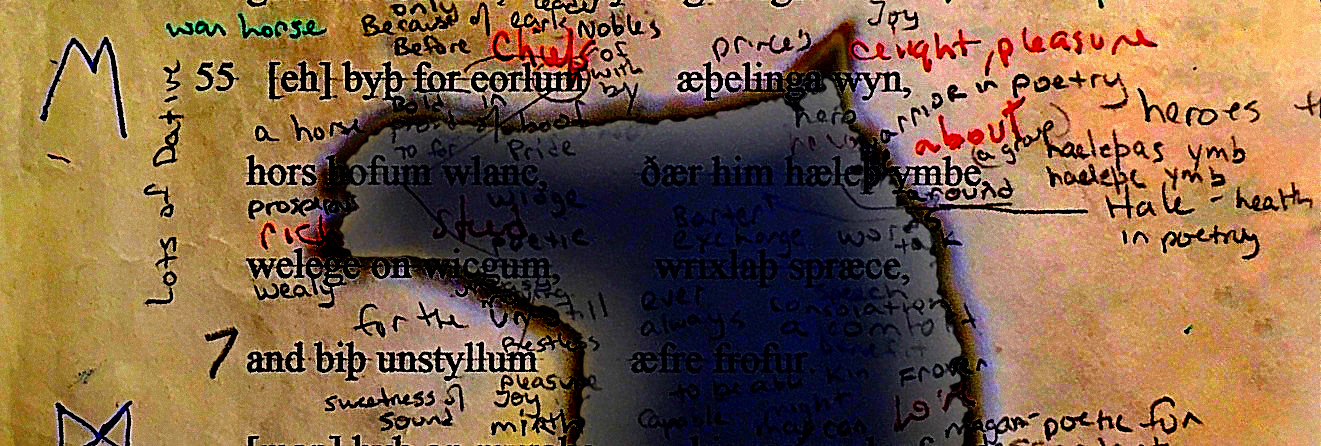 There’s lots of words for horse in Old English, hors, for one. But there’s wicg, hengest, friþhengest, onrid, radhors, mearh, sceam, steda, stott, blanca, gelew, all words that mean specific types of horses by the style, sex, physical appearance, color. This was a horse culture. Horses were a very big deal. Why? They made life easier. Having a horse changes everything. They were useful for pulling stuff, not for ploughing though,
There’s lots of words for horse in Old English, hors, for one. But there’s wicg, hengest, friþhengest, onrid, radhors, mearh, sceam, steda, stott, blanca, gelew, all words that mean specific types of horses by the style, sex, physical appearance, color. This was a horse culture. Horses were a very big deal. Why? They made life easier. Having a horse changes everything. They were useful for pulling stuff, not for ploughing though, 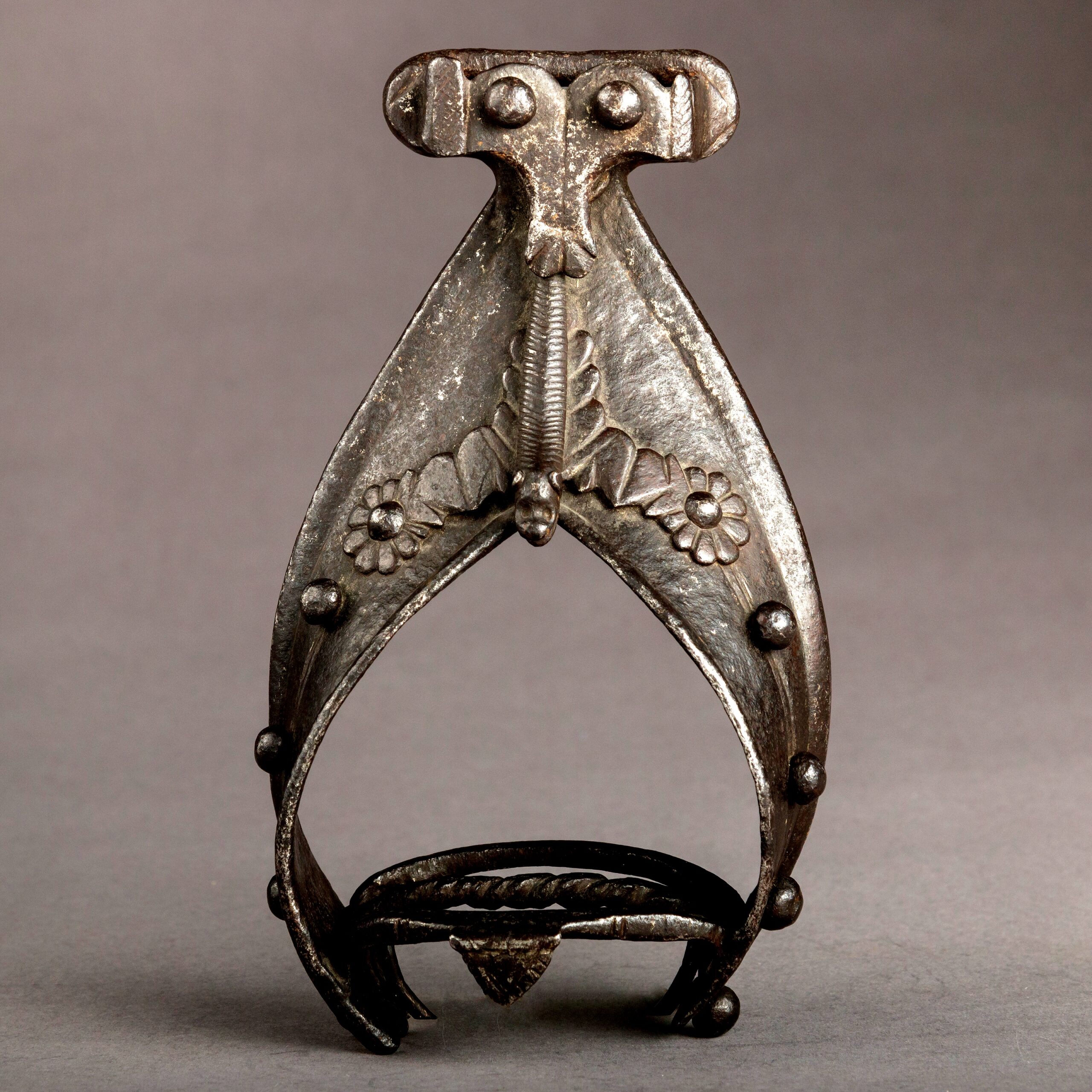
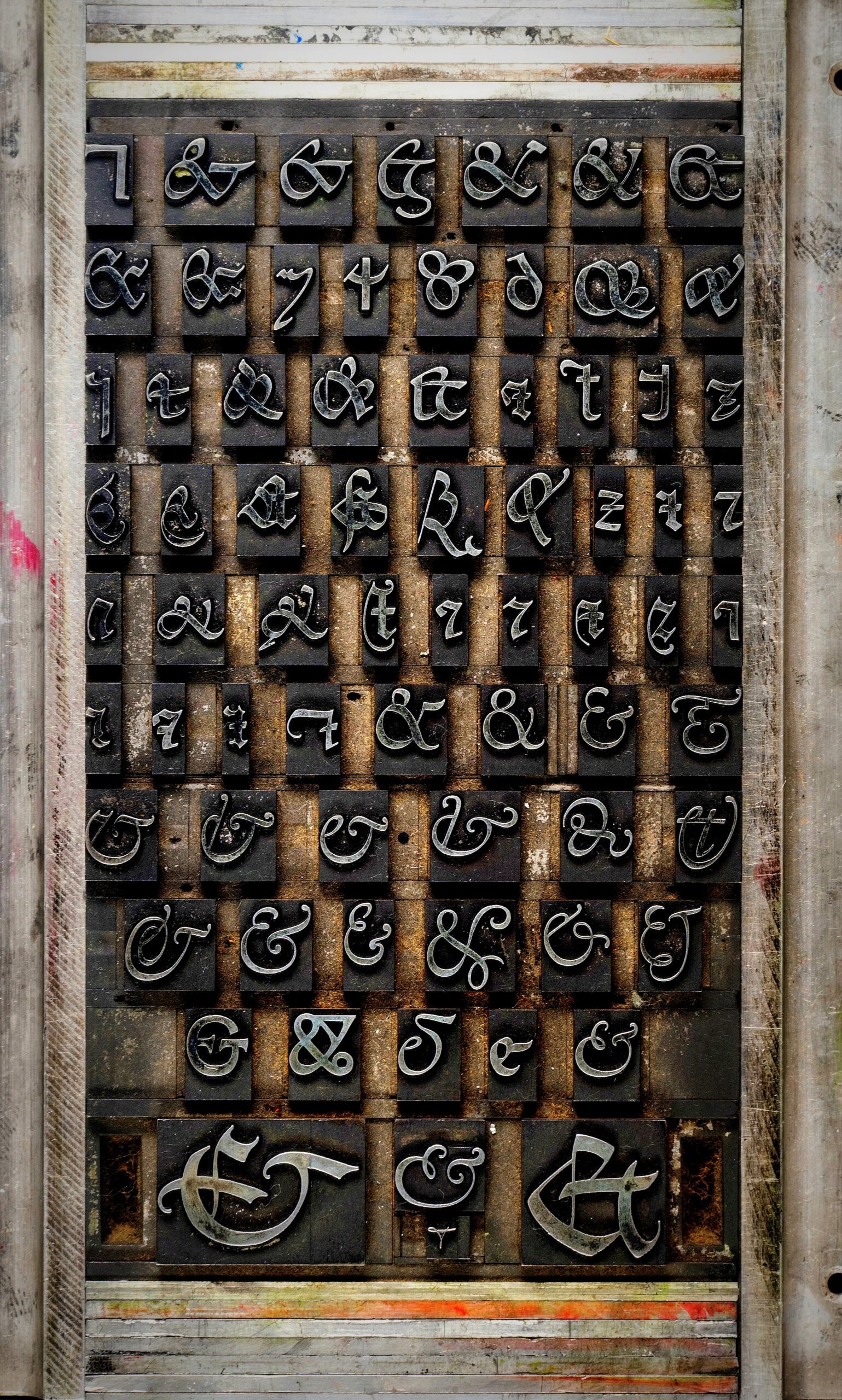 ⁊ is shorthand for the word et which means “and” in Latin. It shows up in place of “and” seven times in the only copy we have of the Rune Poem. The placements seem random, for example
⁊ is shorthand for the word et which means “and” in Latin. It shows up in place of “and” seven times in the only copy we have of the Rune Poem. The placements seem random, for example  Life is about to change for Y. The herd has been dwindling,
Life is about to change for Y. The herd has been dwindling,  H: At the start of an Old English word, H is almost silent,
H: At the start of an Old English word, H is almost silent,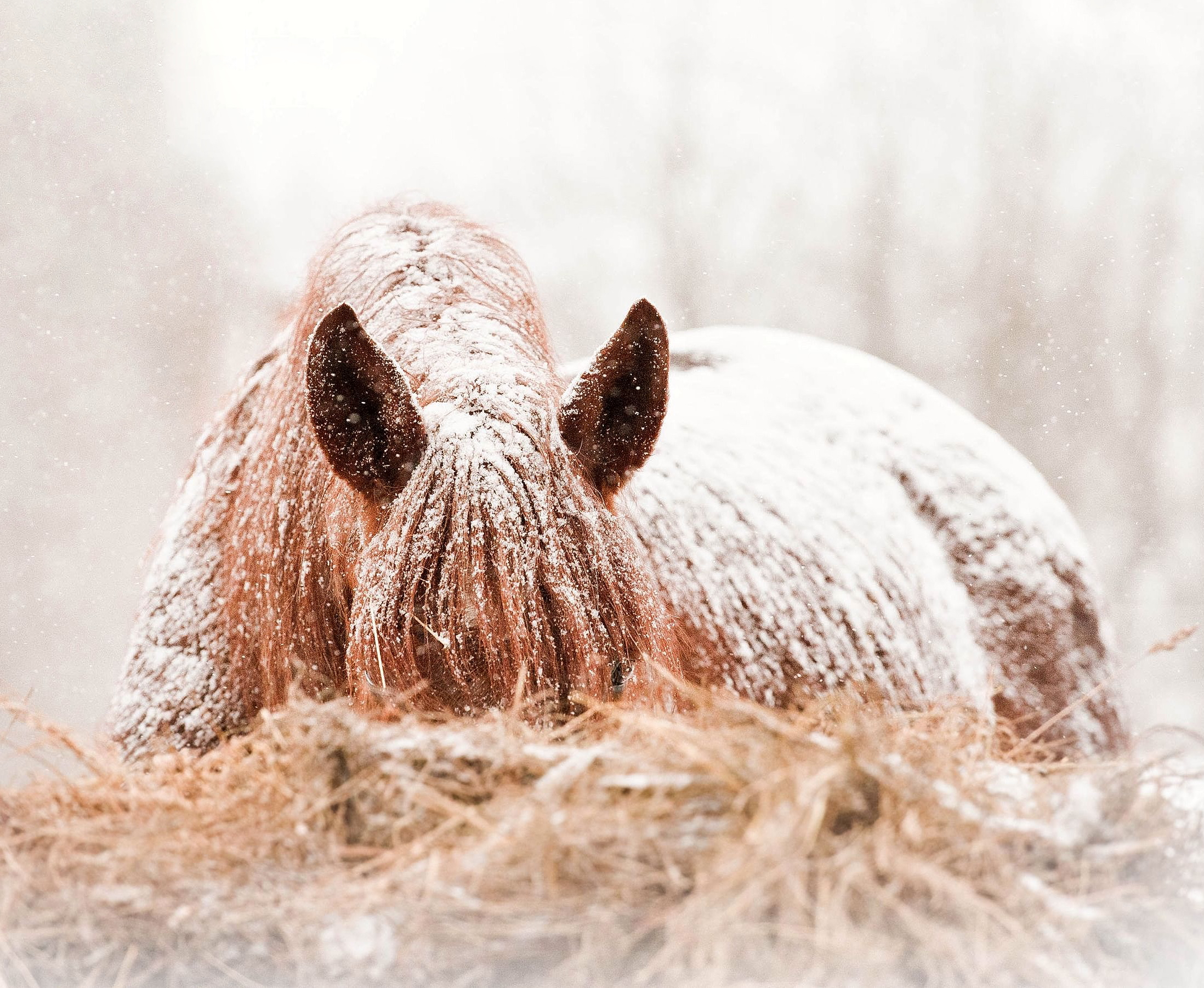 During the time of the Rune Poem, a properly kitted warrior owned a decent war horse to take to battle. These were bigger horses than the usual so they could handle a person wearing heavy armor, and they could even bite and fight with their hooves. With the right war horse, you can be unstoppable. Almost. What can stop a war horse? Ice. Ice is brutal for horse hooves. It can ball up under their feet until they are teetering on their own personal ice cubes. Have you ever fallen on ice? That’s not a soft landing. A horse can easily slip and break a leg on the frozen dips and grooves in a road, and if they fall right through a frozen lake or river good luck getting them back out. Have fun with that. A war horse, large and powerful, formidable in battle, is handily defeated by ice.
During the time of the Rune Poem, a properly kitted warrior owned a decent war horse to take to battle. These were bigger horses than the usual so they could handle a person wearing heavy armor, and they could even bite and fight with their hooves. With the right war horse, you can be unstoppable. Almost. What can stop a war horse? Ice. Ice is brutal for horse hooves. It can ball up under their feet until they are teetering on their own personal ice cubes. Have you ever fallen on ice? That’s not a soft landing. A horse can easily slip and break a leg on the frozen dips and grooves in a road, and if they fall right through a frozen lake or river good luck getting them back out. Have fun with that. A war horse, large and powerful, formidable in battle, is handily defeated by ice. You want to stab somebody with an icicle. Good. It’s best when the murder weapon disappears. Here’s the plan:
You want to stab somebody with an icicle. Good. It’s best when the murder weapon disappears. Here’s the plan: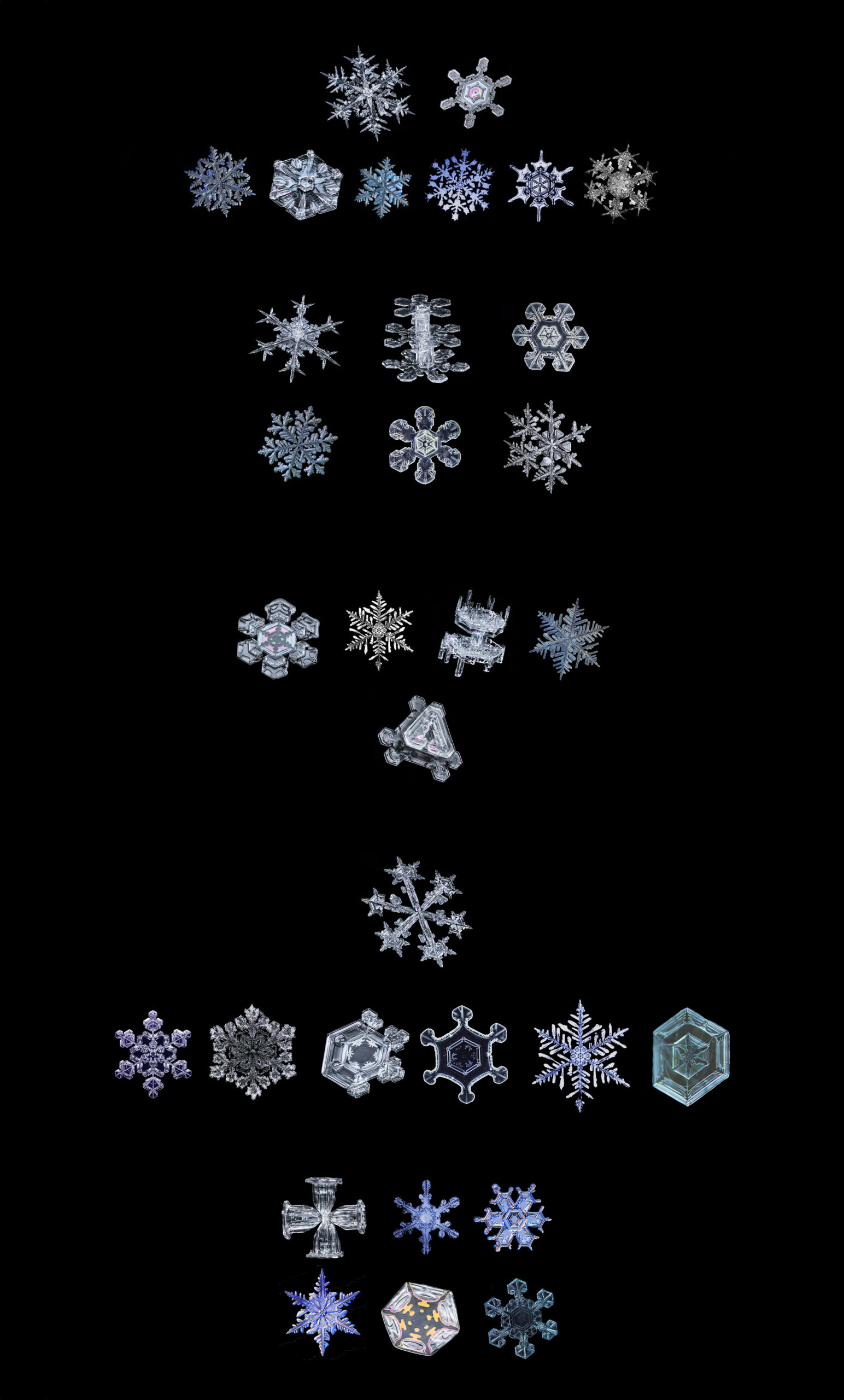
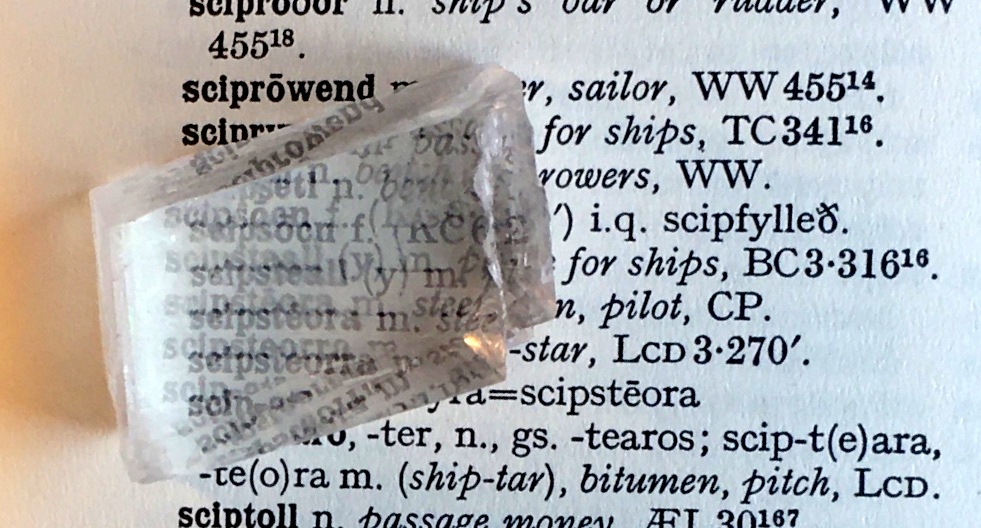 It’s one thing to get from place to place by boat if you can keep an eye on the coastline the entire time. But if you want to cross the open sea without GPS, you will need some sort of instrument for navigation. Magnetic compasses are nice, but mariners at the time of the Rune Poem did not have them. With a watch they could have pointed the little hand at the sun and halfway between it and the 12 will be south. They had no watches. They had sticks and the sun, with that they could find direction easily enough, the shortest shadow of the day points south, and the shadow will move in an easterly direction as the sun tracks west. This works beautifully for navigating on land, land does not pitch and roll under your feet, sending shadows in every direction. It’s a different thing
It’s one thing to get from place to place by boat if you can keep an eye on the coastline the entire time. But if you want to cross the open sea without GPS, you will need some sort of instrument for navigation. Magnetic compasses are nice, but mariners at the time of the Rune Poem did not have them. With a watch they could have pointed the little hand at the sun and halfway between it and the 12 will be south. They had no watches. They had sticks and the sun, with that they could find direction easily enough, the shortest shadow of the day points south, and the shadow will move in an easterly direction as the sun tracks west. This works beautifully for navigating on land, land does not pitch and roll under your feet, sending shadows in every direction. It’s a different thing 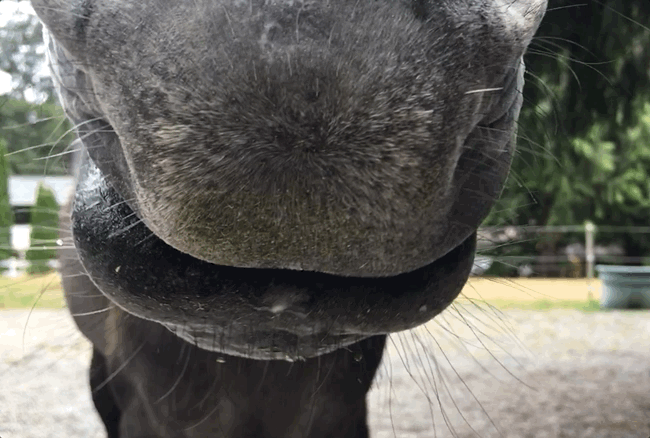
 Cool it. Put it on ice baby love. Call an end to the hostilities and chill. You want to keep fighting this same fight? What are you battling exactly?
Cool it. Put it on ice baby love. Call an end to the hostilities and chill. You want to keep fighting this same fight? What are you battling exactly? 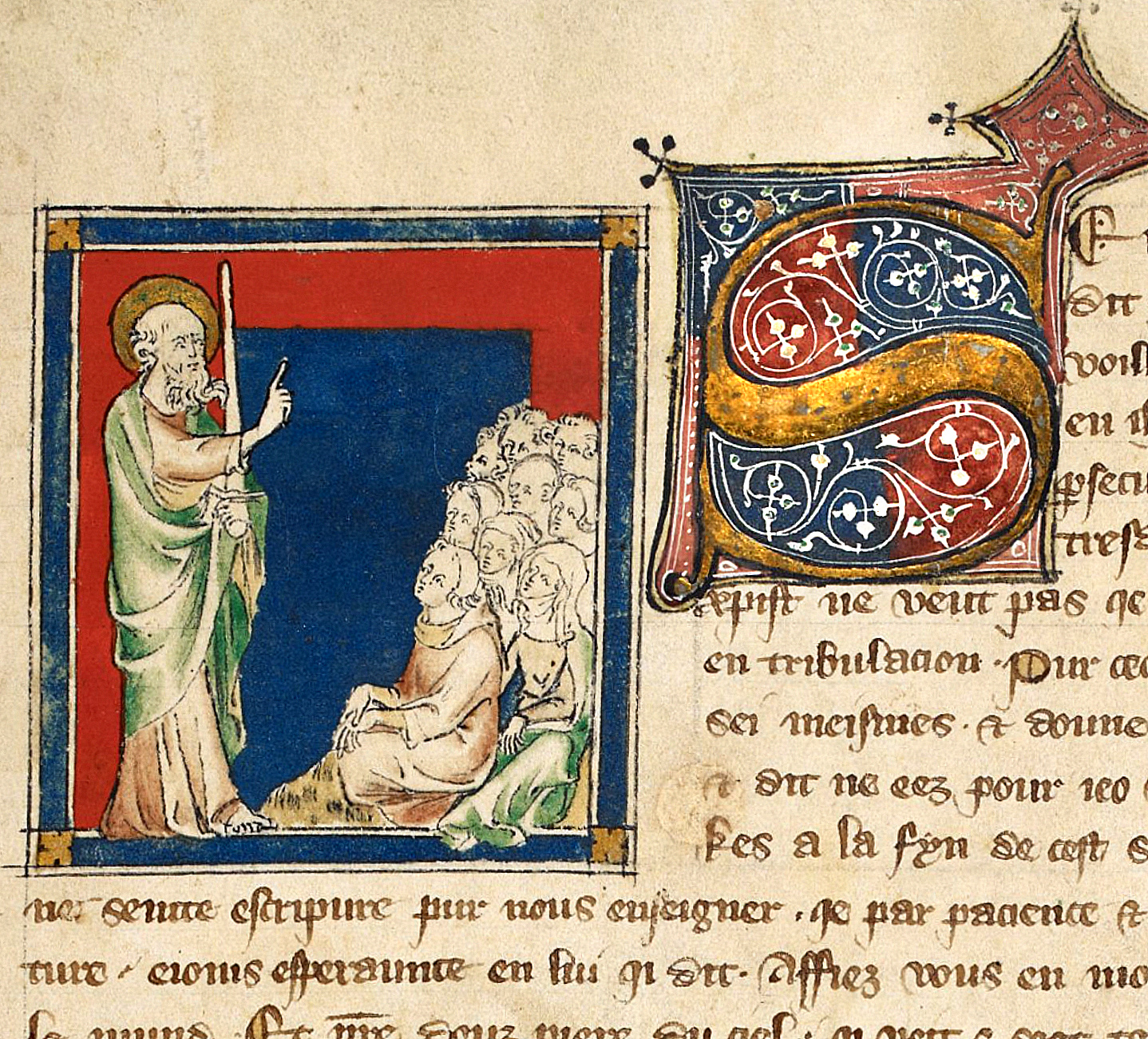
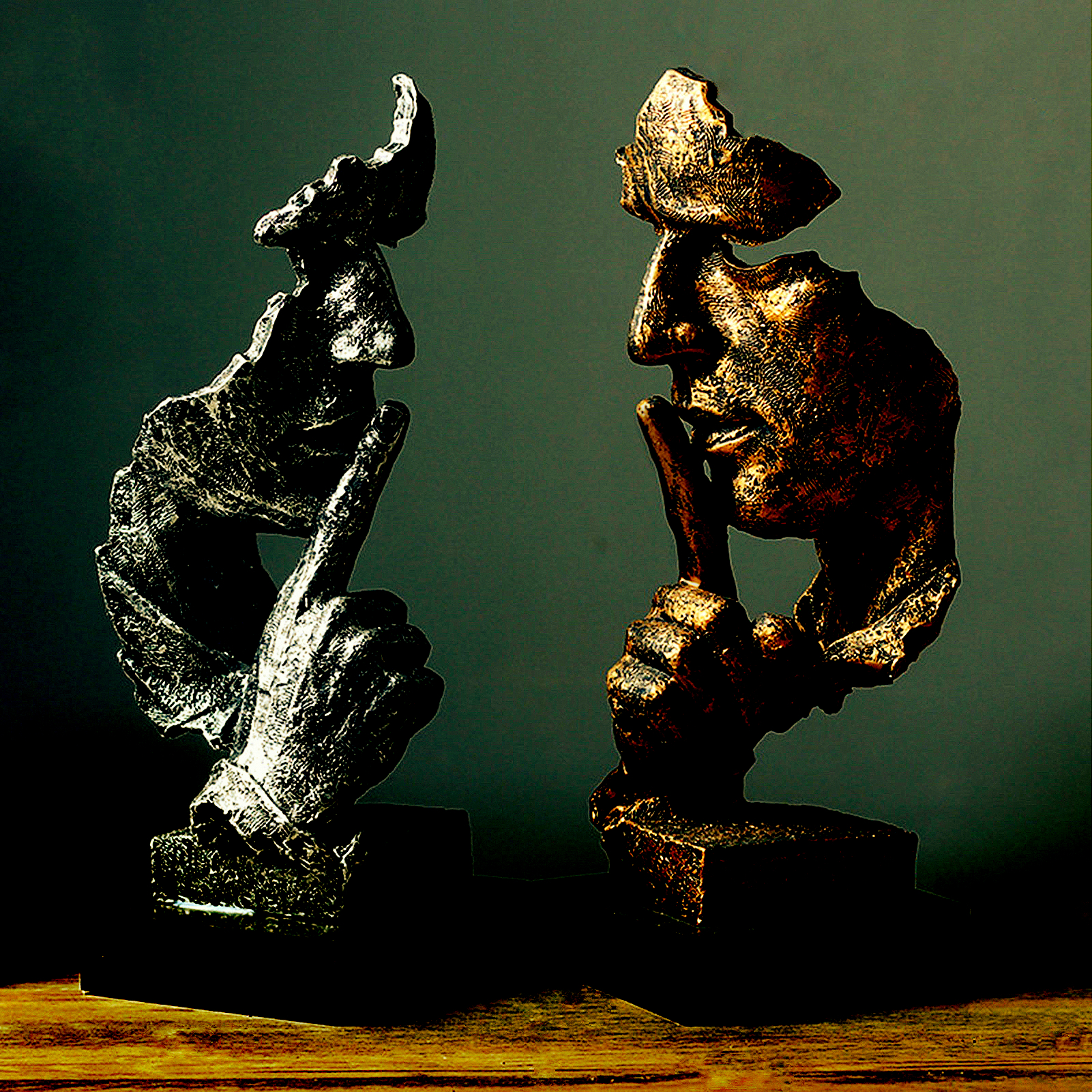 Saddle up, you’ve got a battle on your hands, and no wonder, you are feeling protective and as well you should. You’ve got plenty to protect. You are well equipped for this one, so be proud of that, and you can talk a good game too. Well, talk it up. Gather your people and exchange words about it. Don’t just chat at everybody though,
Saddle up, you’ve got a battle on your hands, and no wonder, you are feeling protective and as well you should. You’ve got plenty to protect. You are well equipped for this one, so be proud of that, and you can talk a good game too. Well, talk it up. Gather your people and exchange words about it. Don’t just chat at everybody though, 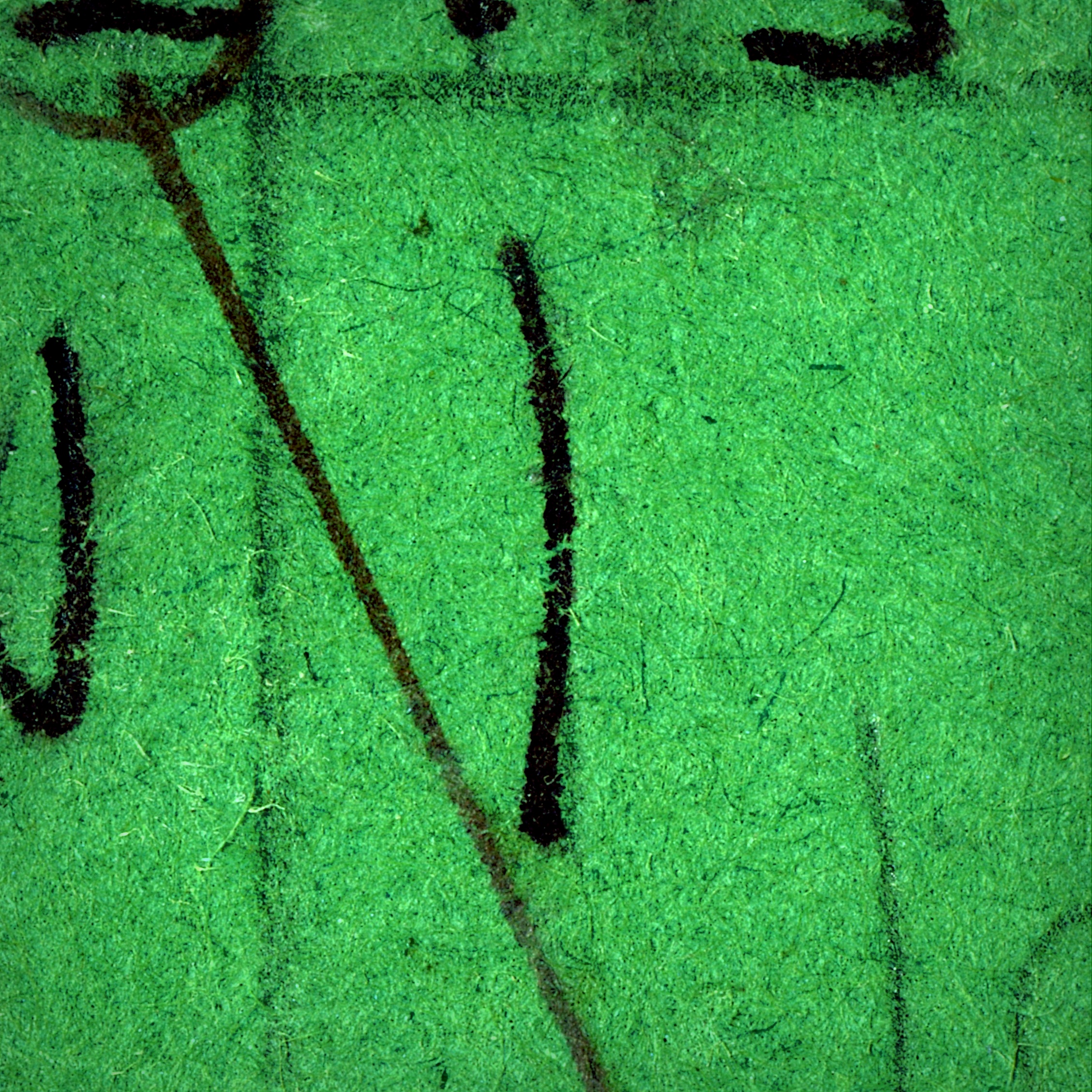 Vowel, high (mouth slightly open) front (tongue forward) unrounded lax (lips) = bit, unrounded tense = bite. Don’t bite your lips. I and Y were very similar in Old English,
Vowel, high (mouth slightly open) front (tongue forward) unrounded lax (lips) = bit, unrounded tense = bite. Don’t bite your lips. I and Y were very similar in Old English, 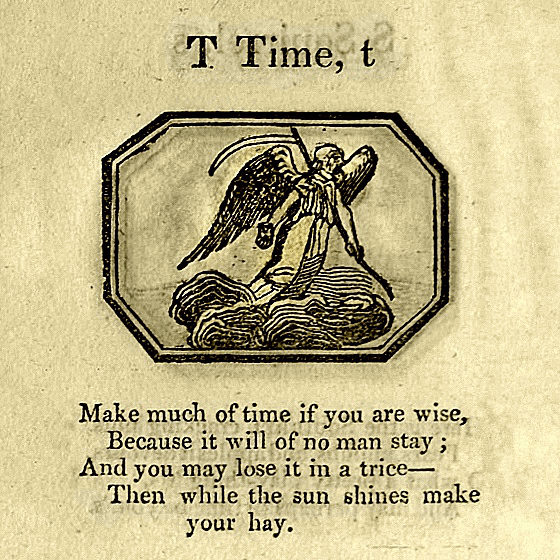
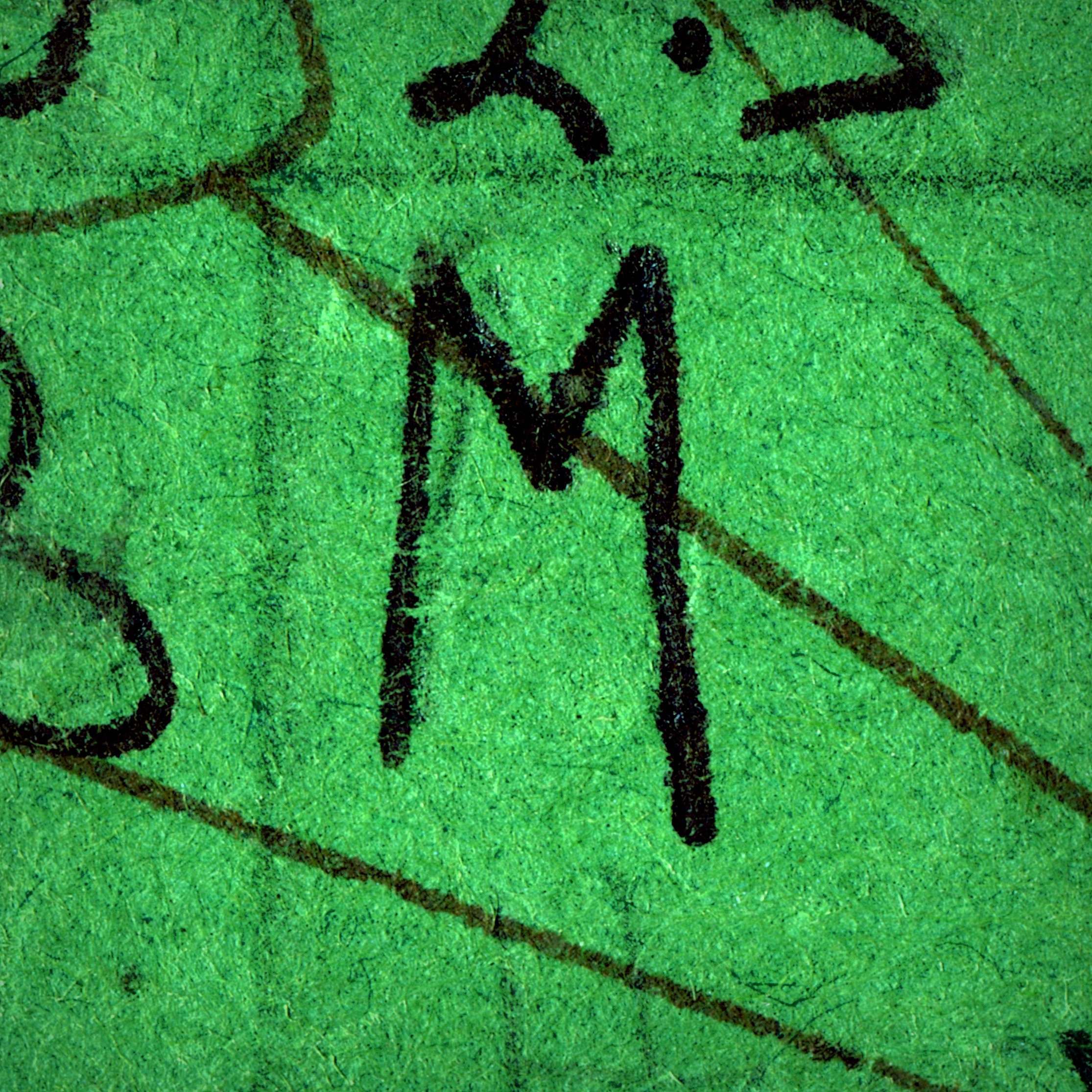 This is the rune for Eh, war horse, letter E. In the Cotton library manuscript called Galba A.ii (burned in a different fire from
This is the rune for Eh, war horse, letter E. In the Cotton library manuscript called Galba A.ii (burned in a different fire from 
